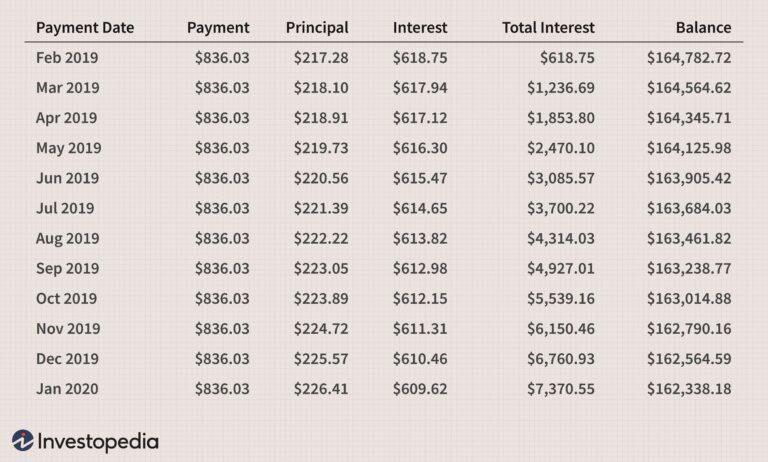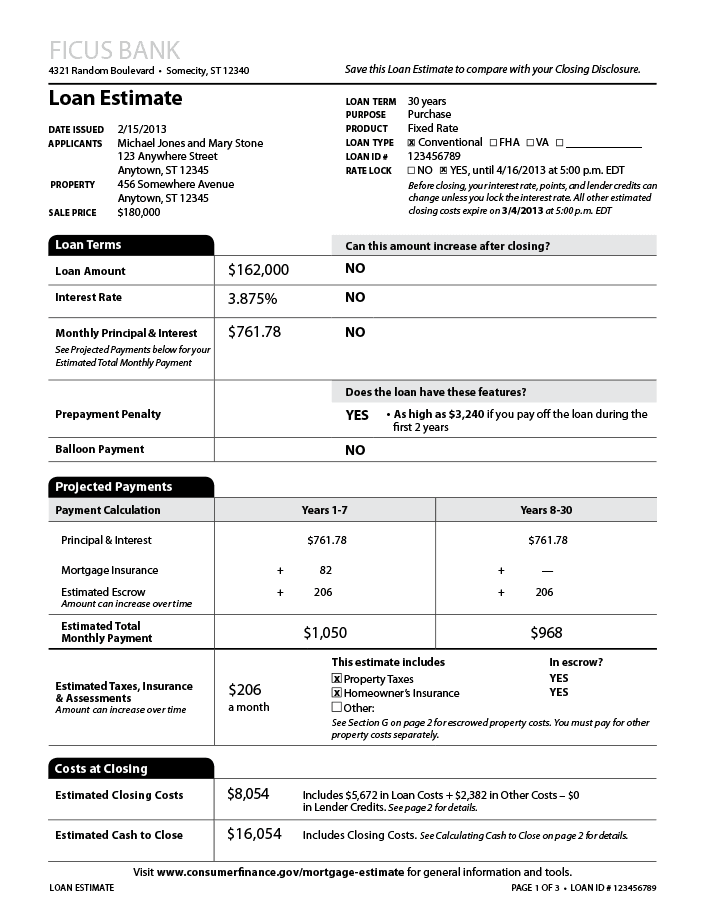How to Delay Eviction After Foreclosure

Foreclosure is a legal process in which a lender takes possession of a property from a borrower who has failed to meet the terms of their loan agreement. When a property is foreclosed upon, the former owner is typically evicted from the premises.
Eviction, as it relates to foreclosure, is the legal process of removing a tenant or former owner from a property after the foreclosure process is complete. Once a property is sold at a foreclosure auction, the new owner has the right to evict any occupants, including tenants and the former owner.
The Two Types of Eviction on a Foreclosed Property
There are two types of eviction that can occur on a foreclosed property:
- Evicting a Tenant After Foreclosure: If the property being foreclosed upon is occupied by a tenant, the new owner must follow specific legal procedures to evict the tenant. This typically involves providing the tenant with notice to vacate and filing an eviction case in court.
- Evicting a Former Owner After Foreclosure: If the property being foreclosed upon was occupied by the former owner, the new owner can begin eviction proceedings to remove the former owner from the property. This usually starts with serving the former owner with an eviction notice.
How to Stop Eviction After Foreclosure Has Begun
If you are facing eviction after a foreclosure, there are several steps you can take to delay or stop the eviction process:
Redemption Period
Some states have a redemption period after a foreclosure sale, during which the former owner may be able to regain ownership of the property by paying off the outstanding debt. This can delay the eviction process and give the former owner more time to find alternative housing.
Negotiate a Move-Out Date
If you are willing to move out voluntarily, you can try negotiating a move-out date with the new owner. This can buy you some extra time to find a new place to live and make the transition smoother.
Negotiate a Rental Agreement
In some cases, the new owner may be willing to enter into a rental agreement with the former owner or tenant. This can allow you to stay in the property temporarily while you search for a new home.
Cash for Keys
Another option is to negotiate a “cash for keys” agreement with the new owner. This involves the new owner paying you a sum of money in exchange for voluntarily vacating the property. This can be a win-win situation, as it allows you to receive some compensation while avoiding the eviction process.
Delaying Eviction After a Foreclosure Sale
Delaying eviction after a foreclosure sale can be challenging, as the new owner of the property typically has the right to take possession and evict the occupants. However, there are a few potential options that may help delay the eviction process:
1. Consult an Attorney: It is essential to contact an attorney who specializes in foreclosure and eviction laws as soon as possible. They can guide you through the legal process and advise you on any available options to delay eviction.
2. Request a Stay of Execution: Depending on the circumstances, you may be able to file a motion with the court to request a stay of execution. This can temporarily delay the eviction process, although the success of this option will vary based on state laws and individual circumstances.
3. Negotiate with the New Owner: In some cases, the new owner may be open to negotiating a possible solution that allows you to stay in the property for a little longer, especially if you are prompt with rent payments or can demonstrate a willingness to move out voluntarily by a certain date.
4. Explore Relocation Assistance Programs: Some states and local governments offer relocation assistance programs for tenants facing eviction due to foreclosure. These programs may provide financial assistance, temporary housing, or other resources to help you transition to a new living situation.
5. Pursue Loan Modification or Mortgage Assistance: If your circumstances have changed, it may be worthwhile to explore options for loan modification or mortgage assistance programs. Sometimes, mortgage lenders are willing to restructure the loan or provide assistance to avoid foreclosure and eviction.
It is important to note that while these options may help delay eviction, ultimately, the new owner or the court can still proceed with the eviction process. Therefore, it is vital to consult with a legal professional who can provide personalized advice and guidance based on your specific situation and local laws.
If the foreclosure sale has already taken place and the new owner has initiated the eviction process, there are still some strategies you can try to delay the eviction:
Refinance Your Home
If you still have some equity in your home, you may be able to refinance your mortgage to pay off the foreclosure debt and stop the eviction. This can be a challenging option, as it requires finding a lender who is willing to work with you despite the foreclosure.
Contact Your Lender
Reach out to your lender and explain your situation. They may be willing to work out a loan modification or repayment plan that can help you catch up on your mortgage payments and avoid eviction.
Consult with a Lawyer
Seeking legal advice from a foreclosure lawyer can be beneficial. They can review your situation and guide you through the legal process, potentially finding avenues to delay the eviction or negotiate with the new owner.
Apply for Governmental Assistance
In some cases, governmental assistance programs may be available to help homeowners facing foreclosure. These programs can provide financial assistance or mediation services to help delay or prevent the eviction.
File for Bankruptcy
Filing for bankruptcy can trigger an automatic stay, which temporarily halts all collection efforts and legal proceedings, including eviction. This can buy you some time to explore other options and potentially negotiate with the new owner.
Sell the House
If you are unable to find a way to stop the eviction, one last option is to sell the house. This can allow you to recoup some of your equity and potentially avoid the negative consequences of an eviction on your credit history.
How Long Does it Take to Do an Eviction?
The time it takes to complete an eviction process can vary depending on various factors, such as the jurisdiction, specific circumstances, and legal requirements. In some cases, an eviction can be completed within a few weeks, while in others it may take several months.
Generally, the eviction process starts with serving the tenant with a notice to quit or vacate the premises. This notice period can vary depending on the local laws, but it is typically around 30 days. If the tenant does not comply, the landlord needs to file a lawsuit and obtain a court order for eviction.
After filing the lawsuit, it can take several weeks for the court to schedule a hearing date. During the hearing, both parties present their case, and the judge makes a decision. If the judge rules in favor of eviction, the tenant is typically given a short period, usually around a week or two, to vacate the property.
If the tenant does not leave during the specified period, the landlord may need to obtain a writ of possession, which allows law enforcement to physically remove the tenant. The eviction process is usually handled by local law enforcement, and the specific timing for this step can depend on their availability.
Overall, considering the different stages of the eviction process and potential delays, it can typically take anywhere from a few weeks to a few months to complete an eviction.
The duration of the eviction process can vary depending on various factors such as the state in which the property is located and the complexity of the case. In some states, the eviction process can be completed in as little as a few weeks, while in others, it may take several months.
Ways Landlords can Protect Themselves
1. Thoroughly screen potential tenants: Conduct background checks, including credit and criminal history checks, to ensure that the prospective tenants have a good rental history and can afford the rent.
2. Use a comprehensive lease agreement: A well-drafted lease agreement should outline important information such as rent amount, payment due dates, lease duration, property rules, and maintenance responsibilities. It should also include clauses that protect the landlord’s rights, such as eviction procedures, late fee policies, and property inspection rights.
3. Collect a security deposit: Require tenants to pay a security deposit before moving in. This deposit can be used to cover any damages caused by the tenant or unpaid rent at the end of the tenancy.
4. Carry landlord insurance: Landlord insurance provides financial protection against property damage, liability claims, and loss of rental income. It is important to have adequate insurance coverage to protect against unforeseen events.
5. Conduct regular property inspections: Schedule regular inspections of the property to identify any potential maintenance issues or lease violations. Document these inspections with written reports and photographs.
6. Promptly address maintenance issues: Respond to maintenance requests in a timely manner. Neglecting repairs could lead to further property damage and even legal disputes with tenants.
7. Maintain accurate records: Keep records of rental payments, maintenance requests, leases, and any communication with tenants. These records can be critical in resolving disputes or in responding to legal claims.
8. Know and follow local rental laws: Understand and comply with local rental laws and regulations. This includes knowing the process for evictions, fair housing laws, and any specific requirements related to landlord-tenant relationships in your area.
9. Maintain professional boundaries: Be professional and maintain a respectful relationship with tenants. Avoid engaging in discriminatory practices and adhere to fair housing laws.
10. Consult with professionals when needed: Seek advice from professionals such as attorneys, property management companies, or landlords’ associations to ensure that you are well-informed and compliant with all relevant laws and regulations.
Landlords can take certain steps to protect themselves from the risks associated with foreclosure and eviction:
- Include a foreclosure clause in the lease agreement that outlines the rights and responsibilities of both parties in the event of foreclosure.
- Regularly monitor the status of any mortgage on the property to ensure timely payments and prevent foreclosure.
- Ensure proper documentation and legal procedures are followed when evicting a tenant or former owner.
- Consider obtaining landlord insurance, which may provide coverage for losses resulting from foreclosure or eviction.
Final Thoughts
Dealing with foreclosure and eviction can be a challenging and stressful situation. However, by understanding the foreclosure process, knowing your rights, and seeking assistance from professionals, you may be able to delay or mitigate the eviction process. It is important to explore all available options and consider the best course of action based on your individual circumstances.










